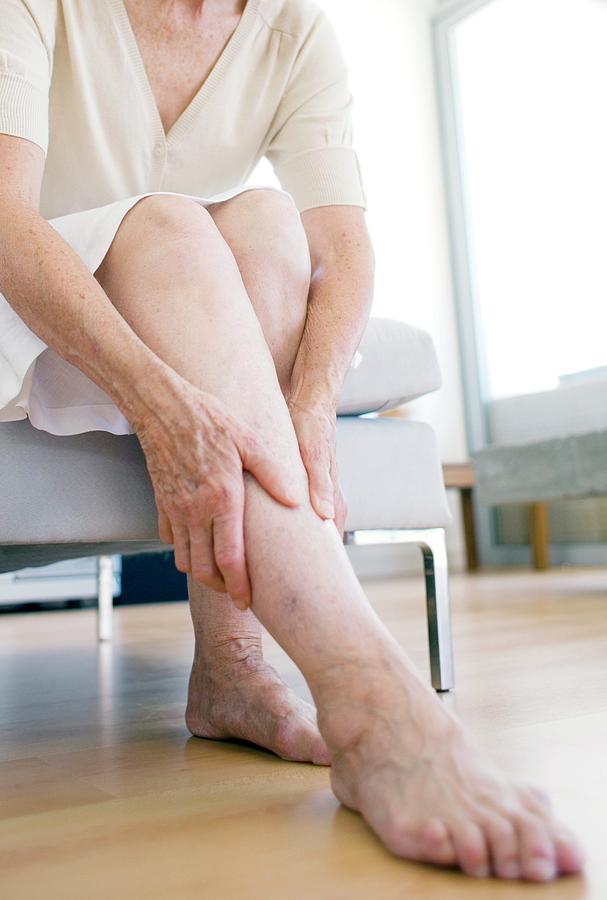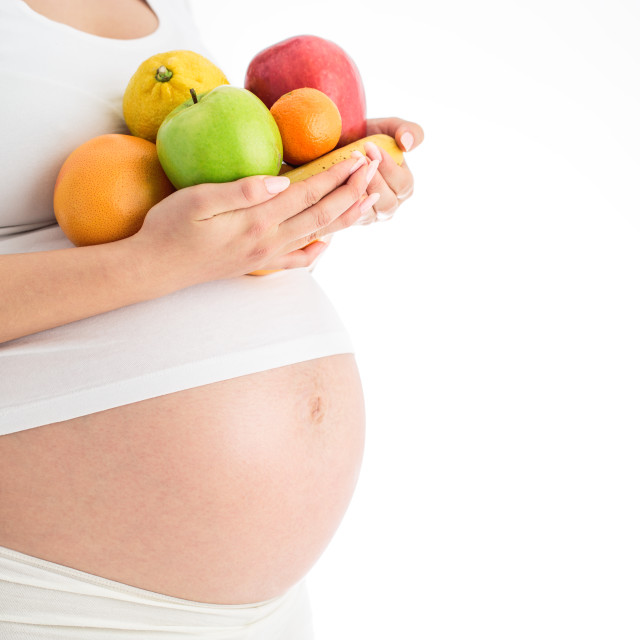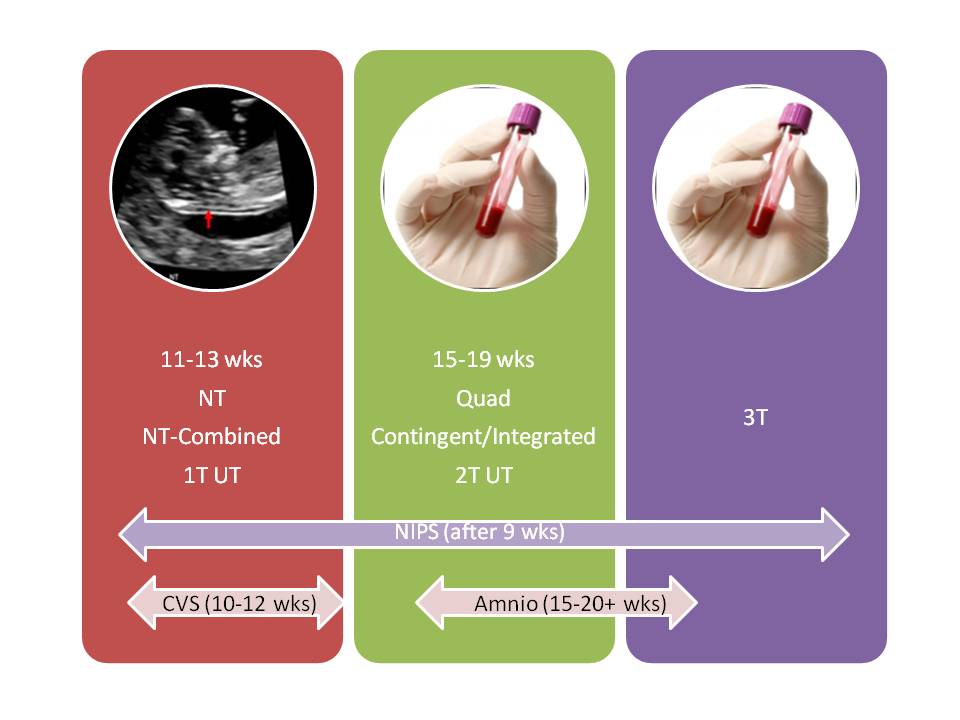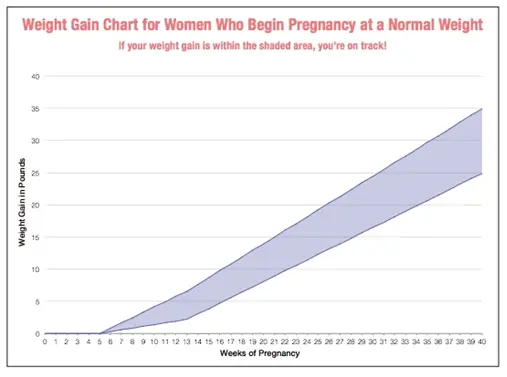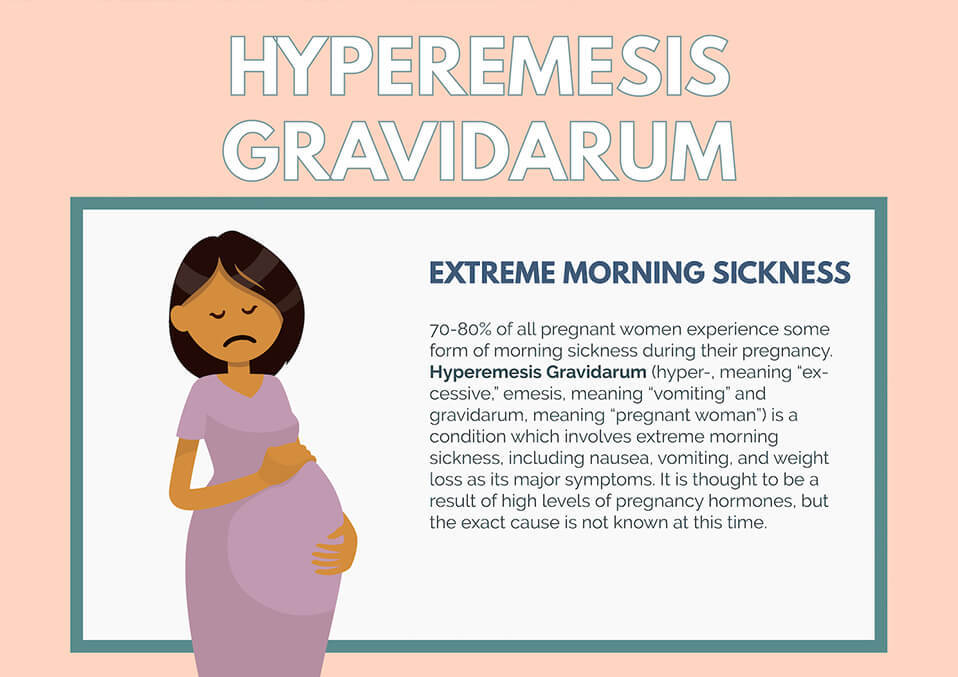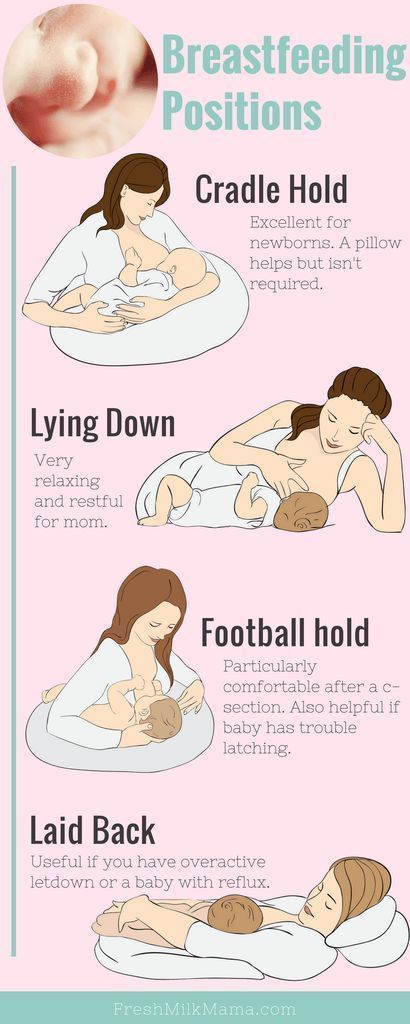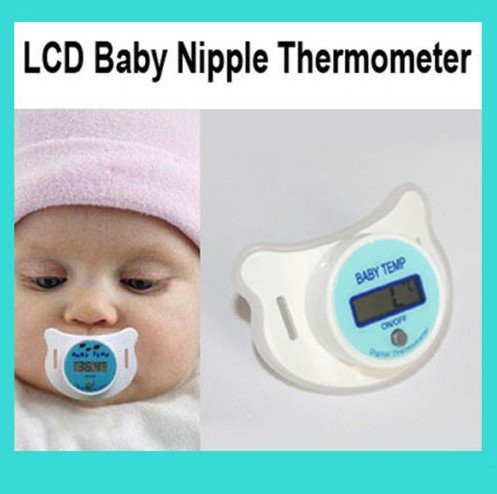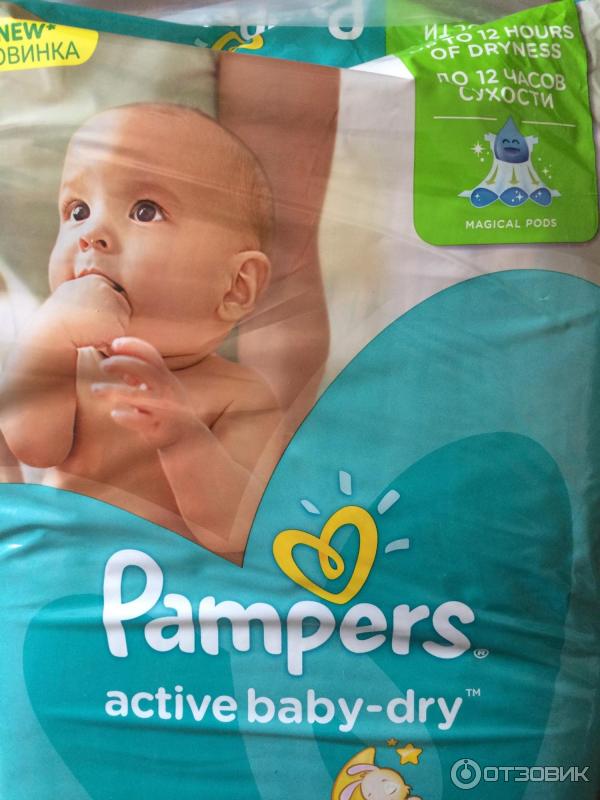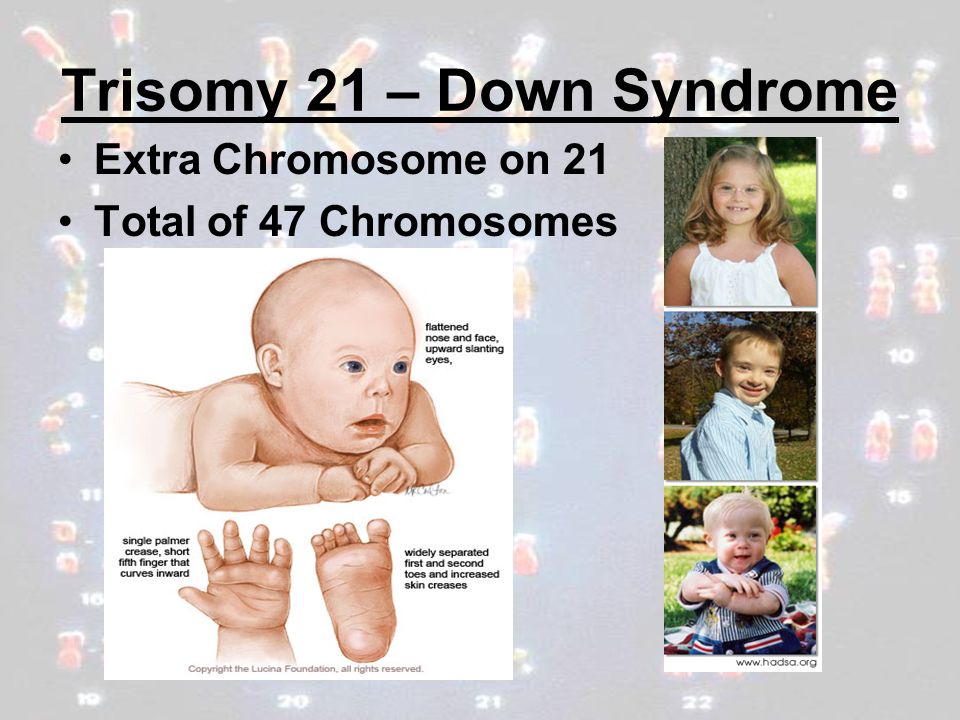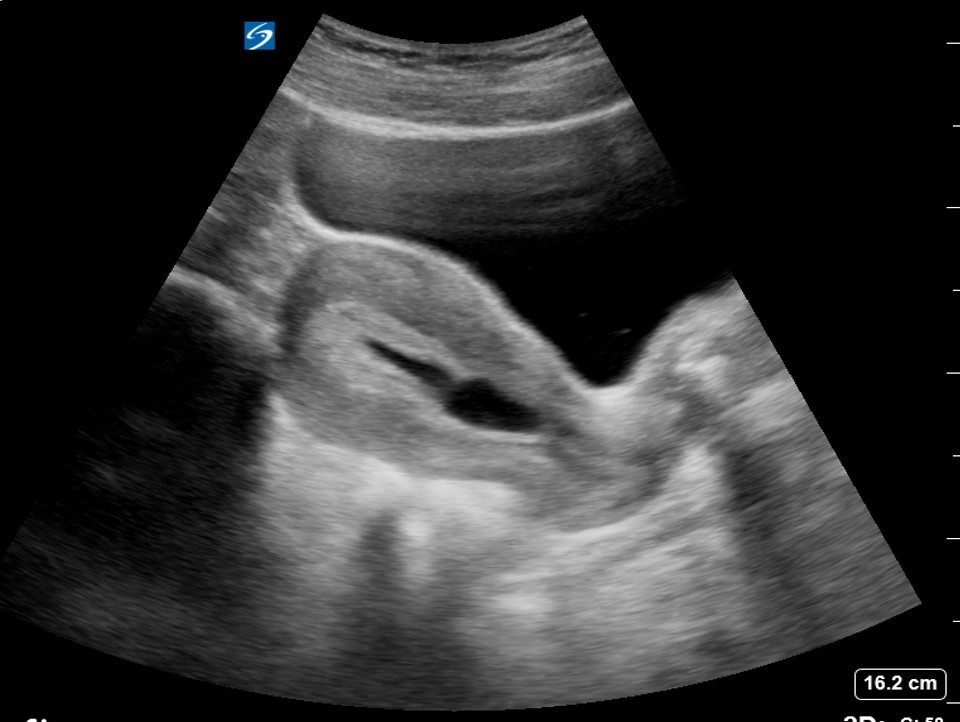Having a baby in another country
5 Lies About Having a Baby Overseas (and the Truths Behind Them)
by Lizann Lightfoot
Originally written in 2020 by Lizann Lightfoot, edited for up-to-date content by Mary Montoya in 2022.
When our family first moved overseas, my husband and I knew we wanted to have another child someday, but we figured that having a baby overseas would be an adventure too wild and dangerous for us. But. . . after living there for a year and meeting lots of other moms who had a baby on base, we realized it wasn’t a big deal. The naval hospital on base wasn’t that different from the hospitals where I had delivered our other babies.
Our fourth child was born overseas on a Spanish naval base. While I was pregnant, I was confronted with many assumptions and questions. Some of these were completely false. Others were partially true. I’m here to sort it all out.
Before diving into this article, keep in mind the recent changes to laws on immigration. In the past, children born to U. S. citizens in U. S. military hospitals or diplomatic facilities abroad were considered to be “born on US soil.” They were automatically granted U. S. citizenship under Immigration and Nationality Act 320. However, immigration policies change the definition of “residing on US soil” to exclude military installations since they are technically overseas. Children born to service members abroad obtain US citizenship obtain their status from their parents.
If the parents are married to each other, the child is a U.S. citizen if:
- Both parents are U.S. citizens, and at least one of the parents lived in the U.S. at some point before the child was born; or
- One parent is a U.S. citizen, and the U.S. citizen parent lived in the U.S. for at least five years prior to the child’s birth, at least two of which were after the age of fourteen. Time spent serving the military or as a military dependent overseas counts as “time spent in the U.S.” for this purpose.

If the parents are not married to each other, the child is a U.S. citizen if:
- The mother is a U.S. citizen, and spent at least one year in the U.S. prior to the child’s birth; or
- Only the father is a U.S. citizen, and the father lived in the U.S. for at least five years prior to the child’s birth, at least two of which were after the age of fourteen (time spent in the military counts for this purpose).
After the parents have determined that their child is a U.S. citizen, they need to apply for a Consular Report of Birth Abroad at the nearest U.S. consulate.
1.
If your baby is born overseas, they will have dual citizenship!False.
In most cases, being born on foreign soil does not automatically make someone a citizen of that country. Citizenship is based on the parents’ nationality. If both parents are American, the baby is also American, no matter where he or she is born.
However, if one parent is from a different country or has dual citizenship with the US, then the parents can apply for the baby to be declared a citizen of that country or be a dual citizen. Countries have different policies about dual citizenship with America: Some countries permit dual citizens with a passport from each country; other countries only allow one passport at a time and will require citizen applicants to surrender foreign passports. You will have to research the specific laws for your situation and the country where you have a baby.
Countries have different policies about dual citizenship with America: Some countries permit dual citizens with a passport from each country; other countries only allow one passport at a time and will require citizen applicants to surrender foreign passports. You will have to research the specific laws for your situation and the country where you have a baby.
False.
A birth record for a U.S. citizen born abroad is called a Consular Report of Birth Abroad (CRBA) and is issued by the Federal Government instead of an individual state. A CRBA is the equivalent of a certified birth certificate, and can typically be used for legal purposes such as applying for a passport or providing proof of U.S. citizenship.
A CRBA can be obtained by downloading and filling out an application and submitting it along with all required documentation as described on the application. It is issued by the U. S. State Department. Definitive turnaround times are not available as they are dependent upon the volume and workload of State Department personnel.
S. State Department. Definitive turnaround times are not available as they are dependent upon the volume and workload of State Department personnel.
Usually false.
Most military bases overseas have a hospital on base, staffed by American military doctors and nurses. These facilities have OB-GYN, labor, and delivery, and pediatric specialists to accommodate the needs of young military families. They deliver babies every week, so you will be in good hands with their staff. TRICARE covers all typical pregnancy and birth costs at the on-base hospital.
In some areas, smaller overseas military hospitals are not equipped for high-risk pregnancies, emergency surgery, or a NICU. Patients needing these services will be sent off base, ideally to a facility with an English-speaking doctor. If there is no doctor who speaks English, TRICARE will provide a medical translator at no cost to you. Mothers I’ve talked to who delivered at off-base hospitals said the language barrier was a little complicated and added some stress to the birth, but overall they were happy with their options and their level of care.
Mothers I’ve talked to who delivered at off-base hospitals said the language barrier was a little complicated and added some stress to the birth, but overall they were happy with their options and their level of care.
Sometimes true.
Yes, your baby will need a passport to travel outside the country–even on PCS orders. Passengers without identification are not allowed to travel and this includes babies. Some military bases have a passport processing center on base, but the passport application must go through the country’s American Embassy.
The approval process typically takes at least two months. You should not make any travel plans for at least three months after the baby is born. However, you can drive directly to an Embassy and pay a passport expedition fee, which will allow you to complete the process in four to six weeks. I know it’s possible. . . because that’s exactly what we had to do!
. . because that’s exactly what we had to do!
False.
Even though no family was able to visit me when I had a baby overseas, the base community was extremely supportive. Friends got together and brought us meals for almost two weeks. Neighbors took my older kids to school or picked them up to save me a trip. People donated baby clothes, toys, and bibs. I hired a housekeeper to come two hours a week to temporarily help me with the laundry and cleaning.
Even though we were stationed in a foreign country, adding another child to our family went more smoothly than expected. I am so thankful for the military families who helped make it possible!
Pregnancy help when overseas | Pregnancy Birth and Baby
beginning of content5-minute read
Listen
Many women travel overseas while they're pregnant without any problem. But what if something goes wrong? Here are some things to think about so you're able to get help when you're overseas.
But what if something goes wrong? Here are some things to think about so you're able to get help when you're overseas.
How can I cover unforeseen costs?
It's very important to talk to your doctor about when and how to travel and to discuss which vaccinations you need. Before you go, you should make sure your travel insurance covers you for pregnancy.
It's not normally recommended to travel to very remote areas or to developing countries while you're pregnant — if you do, make sure your travel insurance will cover any medical care you might need, as well as any emergency evacuation expenses.
Different travel insurance products offer different levels of pregnancy cover. Most will cover pregnancy up to 26 to 30 weeks, and some will go up to 32 weeks. After 33 weeks you can't claim on travel insurance for normal pregnancy or childbirth, although some pregnancy-related medical conditions may be covered.
Some policies also cover newborns — which could be important if your baby decides to come early while you're overseas. Check whether there are any exclusions in your policy, such as complications due to fertility treatment or a multiple birth.
Check whether there are any exclusions in your policy, such as complications due to fertility treatment or a multiple birth.
You can read more about finding the best travel insurance on the government's Smartraveller website.
Australia has reciprocal healthcare agreements with 11 countries, as of April 2021. This means you will be covered for emergency care in these countries, or for care that can't wait until you get home. You may need to pay for some medicines.
The countries that have these reciprocal healthcare agreements with Australia are Belgium, Finland, Italy, Malta, the Netherlands, New Zealand, Norway, the Republic of Ireland, Slovenia, Sweden and the United Kingdom. Different countries offer different levels of care. You can check for more up-to-date information on the Services Australia website before you go.
Even if you are going to a country that has a reciprocal healthcare agreement with Australia, you should also take out travel insurance if you're pregnant.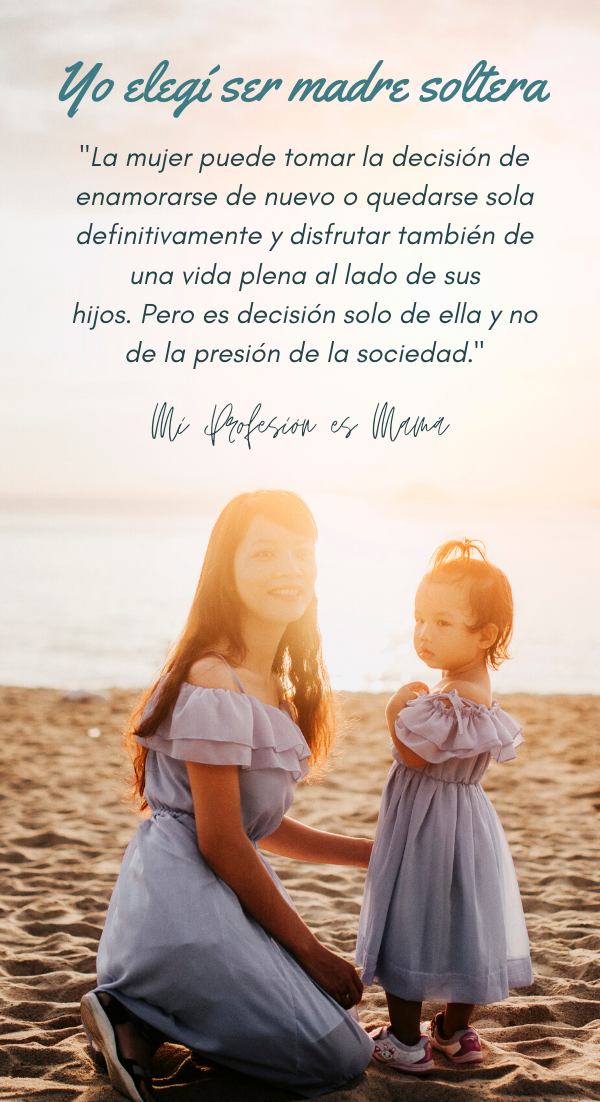
What should I bring with me?
As well as bringing your passport and tickets, you’ll need to plan your packing a little more carefully if you’re pregnant.
Before you go, ask your doctor about which medicines are safe to take with you. For example, ask about whether you can take anything to provide relief if you feel nauseous or have diarrhoea. If you are travelling by plane, also ask your doctor about medicines to avoid blood clots.
If you are flying after 28 weeks of pregnancy, most airlines will need you to have a medical certificate. This is a letter from a doctor or registered midwife giving information about your pregnancy such as your estimated due date, whether there are complications, and whether it is a multiple pregnancy. The airline may request to see the medical certificate when you check in and even during the flight.
It’s important to take photocopies of your travel documents, prescriptions and insurance policies, and to keep these somewhere safe.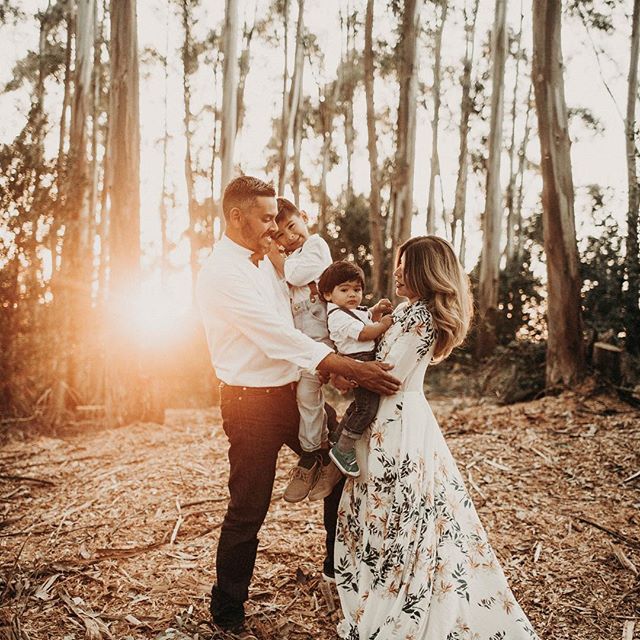
Staying safe while overseas
It’s very dangerous to drink contaminated water while you’re pregnant, so bottled water is best. Iodine purification is not recommended because it can affect your baby’s thyroid gland. Pack lots of hand sanitiser so you can make sure your hands are always clean before you eat or drink.
You should take proper precautions against being bitten by mosquitoes if you are in a mosquito area. Insect repellent containing DEET is fine after the first trimester, but use a spray rather than a roll-on. Also, take long-sleeved clothes for after dark and a mosquito net for your bed.
What happens if you give birth overseas?
If you happen to have your baby while you are overseas, there are several things you will need to consider.
Having a baby in a foreign country does not automatically mean your baby is a citizen of that country, even though that country will most likely issue a birth certificate.
Only the United States, Canada and most South American countries have what is known as 'birthright citizenship'. Citizenship of Australia, as well as of most European and Asian countries, is based on the citizenship of the parents.
Citizenship of Australia, as well as of most European and Asian countries, is based on the citizenship of the parents.
Your baby will need an interim passport so you can return to Australia. You will need to contact the Australian embassy or consulate in the country to help organise this.
When you return to Australia, even if you and your partner are both Australian citizens, this does not automatically make your baby an Australian citizen. You will have to apply for 'citizenship by descent'.
Remember that most travel insurance policies will not cover the costs of your baby, so speak to your insurance provider before you travel.
Where should I go for help?
If you need medical help while you're overseas, the first step is to contact your travel insurer. Most insurers offer 24-hour assistance lines that will help you.
If it's an emergency, contact the local ambulance service. You can find the number in the travel advisory for that country on the Smartraveller website. Smartraveller also provides advice on where to go for help in that country.
Smartraveller also provides advice on where to go for help in that country.
If you are in serious trouble and can’t get help anywhere else, you should contact the Australian embassy or consulate. This will nearly always be in the capital, although there may be consulates in the larger cities. The 24-hour Consular Emergency Centre in Canberra can also be contacted for assistance from anywhere in the world on +61 2 6261 3305 (or on 1300 555 135 if in Australia).
How do I handle the language barrier?
Consider taking a phrase book with you, using the Google Translate phone app, and obtaining translations about common pregnancy problems or complications before you go. An Australian embassy or consulate can also advise you on where to find local accredited translators in an emergency.
Sources:
The Royal Australian and New Zealand College of Obstetricians and Gynaecologists (Travelling during pregnancy), Smartraveller (Advice for pregnant travellers), Smartraveller (Travel Smart advice for all travellers), Services Australia (About reciprocal health care agreements), Smartraveller (I need urgent help), Canstar (Travel Insurance for pregnancy What you need to know), Flight Centre (Baby Onboard Flying While Pregnant)Learn more here about the development and quality assurance of healthdirect content.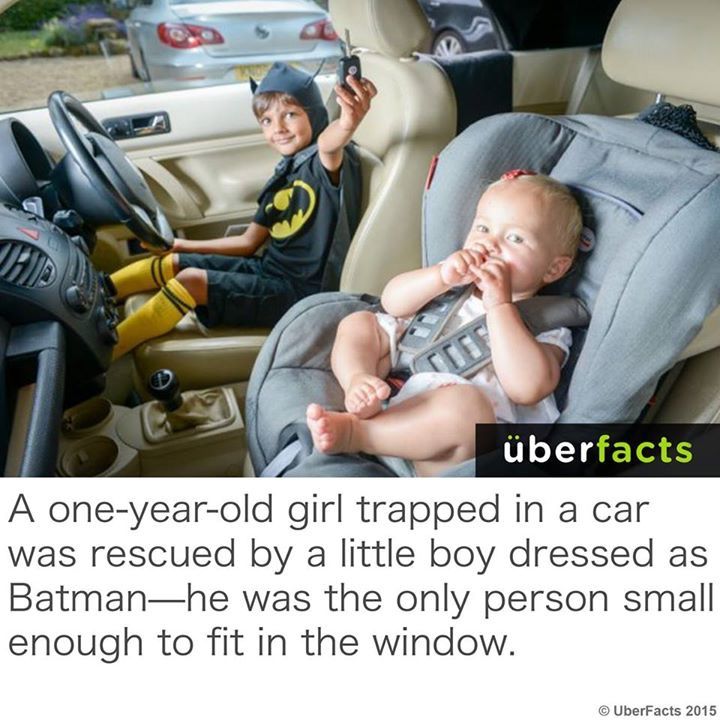
Last reviewed: April 2021
Back To Top
Related pages
- Travel and pregnancy
- Travelling with kids
Need more information?
Pregnancy and newborn care on a visa in Australia
Pregnancy and newborn care on a visa is available to anyone in Australia but there may be extra costs if you are not covered by Medicare or private health insurance.
Read more on Pregnancy, Birth & Baby website
Travelling during Pregnancy
Many women will travel during pregnancy for work, recreation and visiting friends and relatives. In general, the second trimester is the safest and most comfortable time to travel. The chance of miscarriage is very small, nausea and vomiting are likely to have settled and physical constraints have not yet begun to limit your movement.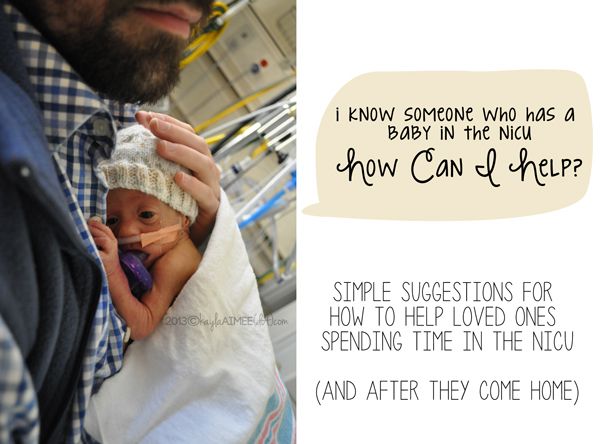
Read more on RANZCOG - Royal Australian and New Zealand College of Obstetricians and Gynaecologists website
Pregnancy at week 21
At week 21, you should consider whether to do any travel since you may not be able to for much longer in your pregnancy.
Read more on Pregnancy, Birth & Baby website
Surrogacy explained | VARTA
Understanding surrogacySurrogacy is an arrangement in which a woman (the surrogate) agrees to carry and give birth to a child on behalf of another person or couple (the intended or commissioning parent(s)). Most commonly, surrogacy involves IVF in which embryos are created in a lab and transferred into the surrogate. In traditional surrogacy artificial insemination is used.The chance of having a baby through surrogacy depends on a range of factors, including: the age of the person providing the egg or sperm the age of the surrogate the lifestyle of the surrogate and egg or sperm providers the quality of the embryo which is transferred to the surrogate. Surrogacy arrangements are medically, financially, emotionally and legally complex. The laws affecting surrogacy vary between Australian states and territories, and also internationally. It is important to seek local independent legal advice about your surrogacy arrangements.Types of surrogacySurrogacy is grouped according to type (traditional vs gestational) and whether payment is involved (commercial vs altruistic). Victorian fertility clinics are only permitted to practice gestational surrogacy, and only altruistic surrogacy is permitted in Victoria.Surrogacy type: gestational vs traditional Gestational surrogacy Traditional surrogacy In gestational surrogacy the surrogate’s egg is not used in conception, so the surrogate (gestational carrier) has no genetic link to the baby and is not the biological mother. The embryo transferred into the surrogate may be created using the intended parents’ sperm and egg, or donor embryos may be used. Status of gestational surrogacy: Practiced by registered fertility clinics in Victoria.
Surrogacy arrangements are medically, financially, emotionally and legally complex. The laws affecting surrogacy vary between Australian states and territories, and also internationally. It is important to seek local independent legal advice about your surrogacy arrangements.Types of surrogacySurrogacy is grouped according to type (traditional vs gestational) and whether payment is involved (commercial vs altruistic). Victorian fertility clinics are only permitted to practice gestational surrogacy, and only altruistic surrogacy is permitted in Victoria.Surrogacy type: gestational vs traditional Gestational surrogacy Traditional surrogacy In gestational surrogacy the surrogate’s egg is not used in conception, so the surrogate (gestational carrier) has no genetic link to the baby and is not the biological mother. The embryo transferred into the surrogate may be created using the intended parents’ sperm and egg, or donor embryos may be used. Status of gestational surrogacy: Practiced by registered fertility clinics in Victoria.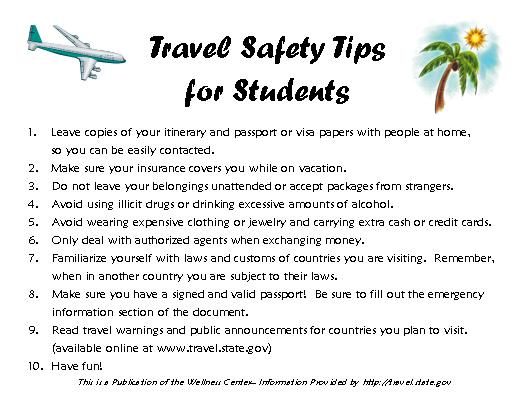 In traditional surrogacy an egg from the surrogate is used. Fertility treatment, either artificial insemination or IVF, is used with the intended father’s sperm. In traditional surrogacy, the surrogate carries the pregnancy and gives birth to a child that they are genetically related to. Status of traditional surrogacy: Not practiced by registered fertility clinics in Victoria due to legal requirements. Under Victorian law, it is possible to procure a traditional surrogacy arrangement using home insemination. Surrogacy arrangements: altruistic vs commercial Altruistic surrogacy Commercial surrogacy In altruistic (non-commercial) surrogacy the surrogate is not paid a fee or reward beyond being reimbursed realistic out of pocket expenses for the pregnancy and giving birth, e.g. medical costs, travel, etc. An altruistic surrogacy arrangement may be either gestational or traditional. Status of altruistic surrogacy: All Australian states and territories (except the Northern Territory) has legislation requiring altruistic surrogacy.
In traditional surrogacy an egg from the surrogate is used. Fertility treatment, either artificial insemination or IVF, is used with the intended father’s sperm. In traditional surrogacy, the surrogate carries the pregnancy and gives birth to a child that they are genetically related to. Status of traditional surrogacy: Not practiced by registered fertility clinics in Victoria due to legal requirements. Under Victorian law, it is possible to procure a traditional surrogacy arrangement using home insemination. Surrogacy arrangements: altruistic vs commercial Altruistic surrogacy Commercial surrogacy In altruistic (non-commercial) surrogacy the surrogate is not paid a fee or reward beyond being reimbursed realistic out of pocket expenses for the pregnancy and giving birth, e.g. medical costs, travel, etc. An altruistic surrogacy arrangement may be either gestational or traditional. Status of altruistic surrogacy: All Australian states and territories (except the Northern Territory) has legislation requiring altruistic surrogacy. In commercial surrogacy, a surrogate is paid or gains a material benefit for carrying the child. Status of commercial surrogacy: Illegal within Australia and can be punishable by imprisonment in some states. Legal in some overseas countries. Surrogacy in AustraliaSurrogacy arrangements in Australia offer many benefits compared to those overseas. In Australia, there is a high standard of regulated healthcare and legal protections which ensure the surrogate is known to the intended parents and the child. Surrogacy in Australia also poses fewer legal challenges regarding immigration, citizenship, and recognition of parentage. Additionally, if donor gametes are required there is an increased likelihood of the donor’s identity being available to the child. This can be beneficial for a range of reasons, including for the exchange of medical information later in life.Am I eligible - surrogateUnder the Assisted Reproductive Treatment Act 2008, to be eligible to receive treatment as a surrogate from a registered fertility clinic, a surrogate must: be at least 25 years old have previously been pregnant and given birth to a live child not use her own eggs in the surrogacy arrangement not be paid other than being reimbursed for expenses.
In commercial surrogacy, a surrogate is paid or gains a material benefit for carrying the child. Status of commercial surrogacy: Illegal within Australia and can be punishable by imprisonment in some states. Legal in some overseas countries. Surrogacy in AustraliaSurrogacy arrangements in Australia offer many benefits compared to those overseas. In Australia, there is a high standard of regulated healthcare and legal protections which ensure the surrogate is known to the intended parents and the child. Surrogacy in Australia also poses fewer legal challenges regarding immigration, citizenship, and recognition of parentage. Additionally, if donor gametes are required there is an increased likelihood of the donor’s identity being available to the child. This can be beneficial for a range of reasons, including for the exchange of medical information later in life.Am I eligible - surrogateUnder the Assisted Reproductive Treatment Act 2008, to be eligible to receive treatment as a surrogate from a registered fertility clinic, a surrogate must: be at least 25 years old have previously been pregnant and given birth to a live child not use her own eggs in the surrogacy arrangement not be paid other than being reimbursed for expenses. Surrogates are preferably: 25-40 years old already mothers who have finished their family both physically and mentally healthy and leading a healthy lifestyle motivated by a desire to help others prepared to be identified to the child as required by Victorian legislation. responsible and settled. It is advisable that a surrogate's life is stable with a good support network. Exiting stressors (e.g. relationship or job related) are likely to be compounded by the demands of pregnancy. All parties, including partners (if any) must also undertake counselling and obtain independent legal advice.Am I eligible – intended parent(s)Intended parent(s) can be eligible to undertake a surrogacy arrangement in Victorian fertility clinics if: they are infertile or unable to carry a baby or give birth there is a likely medical risk to the mother or baby if the intended mother attempted to become pregnant herself.There are a number of reasons why people may be considering surrogacy, such as: A woman is unable to become pregnant or carry a baby for medical reasons.
For example, she may have had surgery to remove her uterus (hysterectomy) is missing part of her uterus or the lining of her uterus has been damaged pregnancy may be a risk to her or the child’s health due to a medical condition (e.g. heart problems, cystic fibrosis) she may have experienced multiple miscarriages repeated IVF attempts have failed. A same-sex couple (male or female) or individual may want to have a child conceived using their own sperm or eggs and donor sperm or eggs. A couple who are involved in an IVF treatment program may have embryos in storage and, if in the event that the woman dies, the male partner may wish to commission a surrogate to carry and give birth to a child.Victorian surrogacy processThe process outlined below provides a guide to surrogacy arrangements in Victoria. There is some degree of flexibility, depending on your fertility specialist and the clinic you attend.1. Considering surrogacySurrogacy involves a number of complex legal, financial, medical, practical and emotional considerations.
 Surrogacy arrangements can be expensive. It is illegal for a surrogate to be paid or gain material benefit from a surrogacy arrangement. However, reasonable expenses and costs (medical, legal, counselling and travel expenses incurred as a result of the pregnancy and birth) should be covered by the intended parent(s). All parties should agree on the reasonable expenses. As it can be a significant financial obligation, intended parent(s) should prepare a budget.Medicare does not currently subsidise the costs of surrogacy in Australia. This is largely due to the inability of surrogates to satisfy the eligibility criteria for Medicare which states that a treating doctor must declare that the procedure is ‘medically necessary’ for the woman undergoing treatment which, in this case, is the surrogate. This means costs for treatment are passed on to the intended parent(s). Refer to clinic websites for more information about costs. The medical risks involved in surrogacy are similar to the risks of other fertility treatments, including: Effects on the child born as a result of treatment.
Surrogacy arrangements can be expensive. It is illegal for a surrogate to be paid or gain material benefit from a surrogacy arrangement. However, reasonable expenses and costs (medical, legal, counselling and travel expenses incurred as a result of the pregnancy and birth) should be covered by the intended parent(s). All parties should agree on the reasonable expenses. As it can be a significant financial obligation, intended parent(s) should prepare a budget.Medicare does not currently subsidise the costs of surrogacy in Australia. This is largely due to the inability of surrogates to satisfy the eligibility criteria for Medicare which states that a treating doctor must declare that the procedure is ‘medically necessary’ for the woman undergoing treatment which, in this case, is the surrogate. This means costs for treatment are passed on to the intended parent(s). Refer to clinic websites for more information about costs. The medical risks involved in surrogacy are similar to the risks of other fertility treatments, including: Effects on the child born as a result of treatment. Effects on the egg provider. The woman who receives fertility drugs to stimulate the production of eggs may experience side effects, including hot flushes, feelings of depression or irritation, headaches and restlessness. There is also the small risk of ovarian hyper-stimulation syndrome (OHSS), which can cause stomach pains, nausea, vomiting, shortness of breath and faintness. Effects on the surrogate. Pregnancy and birth associated risks include the development of high blood pressure and gestational diabetes, bleeding, and needing a caesarean section. Risks increase with the age of the surrogate. Other. There is the rare risk of transfer of HIV and/or hepatitis. To eliminate this risk, mandatory screening of everyone involved in surrogacy is required. To enhance safety, embryos may be ‘quarantined’ for six months (depending on your clinic), at the end of which, the people who provided the gametes have repeat blood tests.For more detail about the medical risks involved in surrogacy, please consult your doctor or fertility specialist.
Effects on the egg provider. The woman who receives fertility drugs to stimulate the production of eggs may experience side effects, including hot flushes, feelings of depression or irritation, headaches and restlessness. There is also the small risk of ovarian hyper-stimulation syndrome (OHSS), which can cause stomach pains, nausea, vomiting, shortness of breath and faintness. Effects on the surrogate. Pregnancy and birth associated risks include the development of high blood pressure and gestational diabetes, bleeding, and needing a caesarean section. Risks increase with the age of the surrogate. Other. There is the rare risk of transfer of HIV and/or hepatitis. To eliminate this risk, mandatory screening of everyone involved in surrogacy is required. To enhance safety, embryos may be ‘quarantined’ for six months (depending on your clinic), at the end of which, the people who provided the gametes have repeat blood tests.For more detail about the medical risks involved in surrogacy, please consult your doctor or fertility specialist.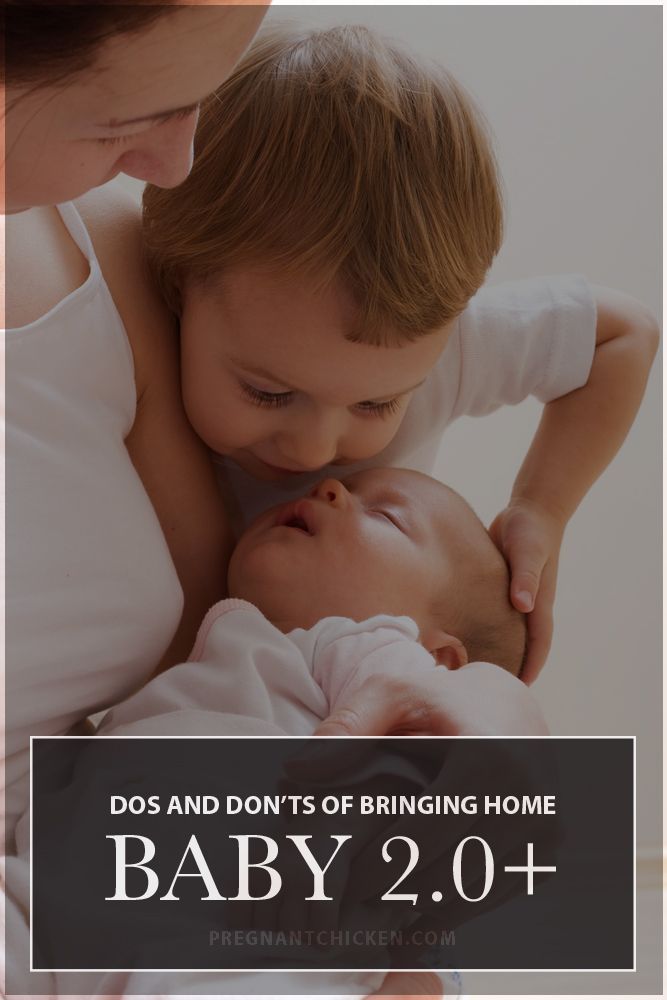 2. Getting startedFor intended parents considering surrogacy, there are a number of ways to get started, beginning with an initial consultation to decide if surrogacy is the best option for you. talk to your GP who may refer you to a fertility specialist contact a registered fertility clinic to organise a fertility specialist consultation ask your current fertility specialist.Intended parent(s) should also consider: letting family/friends know that surrogacy is your only option asking family or friends for help seeking a surrogate online (through surrogacy support groups or online forums). It is illegal to publish an advertisement or notice; or attempt to publicly seek a surrogate. Fertility clinics cannot advertise on your behalf. You are not allowed to pay a surrogate other than prescribed costsWomen wanting to be a surrogate should know that it is illegal to publicly indicate willingness to act as a surrogate.3. Medical assessmentBoth the surrogate and intended parent(s) need to undergo a medical assessment with a fertility specialist.
2. Getting startedFor intended parents considering surrogacy, there are a number of ways to get started, beginning with an initial consultation to decide if surrogacy is the best option for you. talk to your GP who may refer you to a fertility specialist contact a registered fertility clinic to organise a fertility specialist consultation ask your current fertility specialist.Intended parent(s) should also consider: letting family/friends know that surrogacy is your only option asking family or friends for help seeking a surrogate online (through surrogacy support groups or online forums). It is illegal to publish an advertisement or notice; or attempt to publicly seek a surrogate. Fertility clinics cannot advertise on your behalf. You are not allowed to pay a surrogate other than prescribed costsWomen wanting to be a surrogate should know that it is illegal to publicly indicate willingness to act as a surrogate.3. Medical assessmentBoth the surrogate and intended parent(s) need to undergo a medical assessment with a fertility specialist.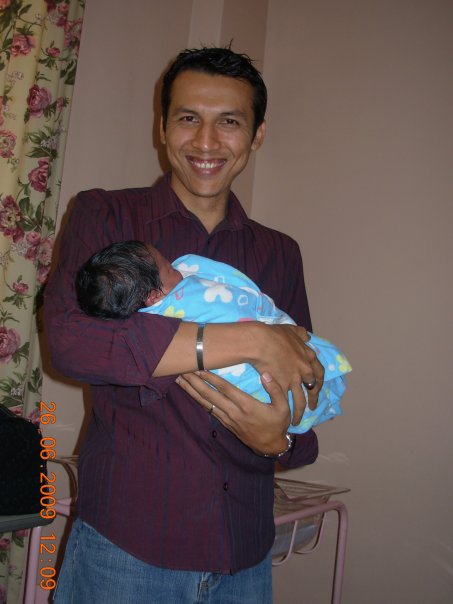 The consultation includes: checking eligibility and medical suitability of the surrogacy arrangement blood tests to check for infection including Hepatitis and HIV discussing the medical risks.4. CounsellingAll parties, including the intended parent(s), surrogate and surrogate's partner (if any) must undertake counselling (separate and joint sessions) and an independent psychological assessment. If donor gamete(s) are used, the donor and donor’s partner (if any) will also have to undertake counselling. This allows an opportunity to: discuss the advantages and disadvantages of surrogacy explore potential issues which may arise ensure everyone feels comfortable to go ahead.You can find out more details about counselling session discussions from ANZICA counselling guidelines.5. Get independent legal adviceSurrogacy raises a range of legal issues. While there is no formal requirement for separate legal advice, a conflict of interest may arise if one lawyer advises all parties. All parties entering a surrogacy arrangement in Victoria need to do so with full knowledge of the consequences should a dispute arise.
The consultation includes: checking eligibility and medical suitability of the surrogacy arrangement blood tests to check for infection including Hepatitis and HIV discussing the medical risks.4. CounsellingAll parties, including the intended parent(s), surrogate and surrogate's partner (if any) must undertake counselling (separate and joint sessions) and an independent psychological assessment. If donor gamete(s) are used, the donor and donor’s partner (if any) will also have to undertake counselling. This allows an opportunity to: discuss the advantages and disadvantages of surrogacy explore potential issues which may arise ensure everyone feels comfortable to go ahead.You can find out more details about counselling session discussions from ANZICA counselling guidelines.5. Get independent legal adviceSurrogacy raises a range of legal issues. While there is no formal requirement for separate legal advice, a conflict of interest may arise if one lawyer advises all parties. All parties entering a surrogacy arrangement in Victoria need to do so with full knowledge of the consequences should a dispute arise. You should receive legal advice on the following matters: legal status of the child when born need for the intended parent(s) to apply to the court for a substitute parentage order timelines for making an application arrangements if there is a medical emergency for the child.In surrogacy arrangements it is important to: be aware of and understand the personal and legal consequences be able to make informed decisions about proceeding be prepared for consequences if the arrangement does not go ahead as planned.The domestic surrogacy arrangement legal checklist can get you started with some key questions that all parties should ask before agreeing to enter.6. Write a surrogacy agreementA surrogacy agreement is a written document that clarifies all parties' wishes, expectations and responsibilities. The Finding a surrogate brochure and the domestic surrogacy arrangement legal checklist are a useful starting point for this.Legally drawn-up surrogacy agreements can be very costly and are not mandatory in Victoria, largely because it is difficult to anticipate every potential issue or circumstance that may arise throughout a surrogacy arrangement.
You should receive legal advice on the following matters: legal status of the child when born need for the intended parent(s) to apply to the court for a substitute parentage order timelines for making an application arrangements if there is a medical emergency for the child.In surrogacy arrangements it is important to: be aware of and understand the personal and legal consequences be able to make informed decisions about proceeding be prepared for consequences if the arrangement does not go ahead as planned.The domestic surrogacy arrangement legal checklist can get you started with some key questions that all parties should ask before agreeing to enter.6. Write a surrogacy agreementA surrogacy agreement is a written document that clarifies all parties' wishes, expectations and responsibilities. The Finding a surrogate brochure and the domestic surrogacy arrangement legal checklist are a useful starting point for this.Legally drawn-up surrogacy agreements can be very costly and are not mandatory in Victoria, largely because it is difficult to anticipate every potential issue or circumstance that may arise throughout a surrogacy arrangement. Some form of surrogacy agreement is recommended, as it helps formalise consensus on issues and can be useful for demonstrating informed consent or resolving disputes if they arise later in the process. Your counsellor can help in drawing up documentation.When establishing a surrogacy arrangement, all parties should agree on the surrogacy costs that are to be reimbursed to the surrogate. The surrogacy agreement should reflect these decisions, and the expenses and costs that will be reimbursed to the surrogate should be clearly worded. These may include: medical expenses associated with the pregnancy or birth (doctors’ fees, medication, medical scans, etc.) costs of legal advice and counselling necessary to satisfy the requirements for approval by the Patient Review Panel, or prior to obtaining a substitute parentage order travel expenses that are incurred in relation to the pregnancy or birth.7. Apply for a surrogacy arrangementIn Victoria, the Patient Review Panel (PRP) must approve the surrogacy arrangement before it proceeds.
Some form of surrogacy agreement is recommended, as it helps formalise consensus on issues and can be useful for demonstrating informed consent or resolving disputes if they arise later in the process. Your counsellor can help in drawing up documentation.When establishing a surrogacy arrangement, all parties should agree on the surrogacy costs that are to be reimbursed to the surrogate. The surrogacy agreement should reflect these decisions, and the expenses and costs that will be reimbursed to the surrogate should be clearly worded. These may include: medical expenses associated with the pregnancy or birth (doctors’ fees, medication, medical scans, etc.) costs of legal advice and counselling necessary to satisfy the requirements for approval by the Patient Review Panel, or prior to obtaining a substitute parentage order travel expenses that are incurred in relation to the pregnancy or birth.7. Apply for a surrogacy arrangementIn Victoria, the Patient Review Panel (PRP) must approve the surrogacy arrangement before it proceeds.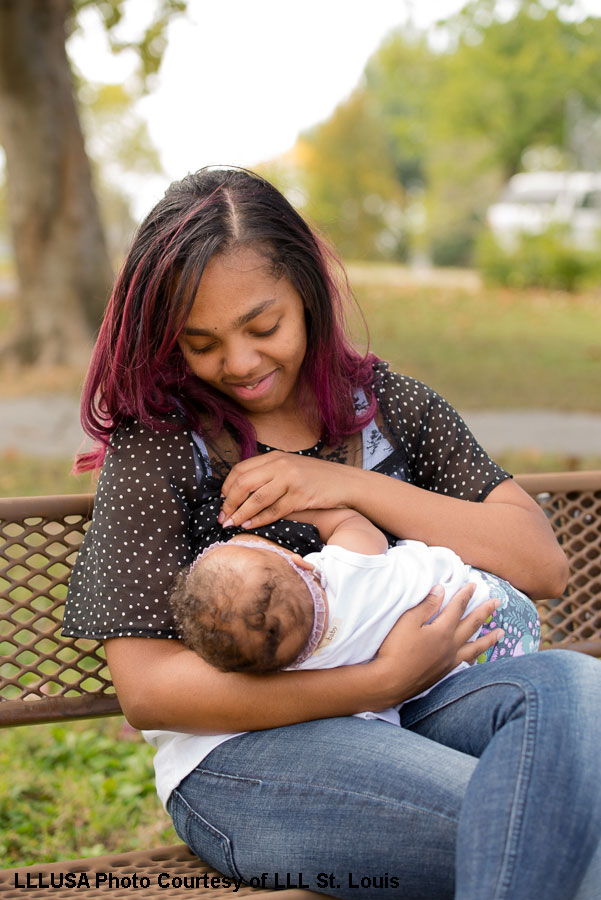 Applications to the panel are initiated by lodging an application form, which is to be completed by all parties including the intended parent(s), the surrogate and her partner (if any). Where a donor is used, the donor(s) and their partner (if any) should also complete the form.On receiving the application form, the PRP will promptly notify the applicant of the hearing date. PRP hearings are held with as little formality as possible. Hearings are held in confidence and are closed to the general public. To date, all applications for surrogacy have been approved.The PRP may approve a surrogacy arrangement if satisfied that: all parties have received counselling and legal advice the surrogacy arrangement is altruistic. the intended parent(s): are infertile or unable to carry a baby or give birth, including social infertility, or there is a likely medical risk to the mother or baby if the intended mother attempted to become pregnant herself. The surrogate: is at least 25 years old has previously given birth to a live child does not use her own eggs in the surrogacy arrangement.
Applications to the panel are initiated by lodging an application form, which is to be completed by all parties including the intended parent(s), the surrogate and her partner (if any). Where a donor is used, the donor(s) and their partner (if any) should also complete the form.On receiving the application form, the PRP will promptly notify the applicant of the hearing date. PRP hearings are held with as little formality as possible. Hearings are held in confidence and are closed to the general public. To date, all applications for surrogacy have been approved.The PRP may approve a surrogacy arrangement if satisfied that: all parties have received counselling and legal advice the surrogacy arrangement is altruistic. the intended parent(s): are infertile or unable to carry a baby or give birth, including social infertility, or there is a likely medical risk to the mother or baby if the intended mother attempted to become pregnant herself. The surrogate: is at least 25 years old has previously given birth to a live child does not use her own eggs in the surrogacy arrangement. All parties, including the intended parent(s), the surrogate and the surrogate’s partner (if any) have received counselling and independent legal advice. If a donor is also involved, they will also need to have counselling and may need to seek legal advice also.The panel must inform an applicant of its decision within 14 days after hearing the application. A copy of the certificate will be forwarded to the applicant’s treating clinic. If the certificate states that there is no barrier to treatment, then treatment can proceed. It should be noted, however, that clinics are not obliged to provide treatment to the applicant even if the certificate states that treatment may proceed.8. Apply for a substitute parentage orderFor Victorian surrogacy arrangementsIn Victoria, as the birth mother, the surrogate (and partner, if any) will legally be recognised as the parent(s) of the child and recorded on the birth certificate. The intended parent(s) can apply to the Supreme or County Court for a substitute parentage order if the child was conceived as a result of a treatment procedure in Victoria and if the intended parent(s) lives in Victoria at the time of making the application.
All parties, including the intended parent(s), the surrogate and the surrogate’s partner (if any) have received counselling and independent legal advice. If a donor is also involved, they will also need to have counselling and may need to seek legal advice also.The panel must inform an applicant of its decision within 14 days after hearing the application. A copy of the certificate will be forwarded to the applicant’s treating clinic. If the certificate states that there is no barrier to treatment, then treatment can proceed. It should be noted, however, that clinics are not obliged to provide treatment to the applicant even if the certificate states that treatment may proceed.8. Apply for a substitute parentage orderFor Victorian surrogacy arrangementsIn Victoria, as the birth mother, the surrogate (and partner, if any) will legally be recognised as the parent(s) of the child and recorded on the birth certificate. The intended parent(s) can apply to the Supreme or County Court for a substitute parentage order if the child was conceived as a result of a treatment procedure in Victoria and if the intended parent(s) lives in Victoria at the time of making the application. A substitute parentage order will name the intended parent(s) as the legal parent(s). An application for a substitute parentage order must be made no less than 28 days and no more than six months after the child is born. The court may make a substitute parentage order if it is satisfied that: making the order is in the best interests of the child if the surrogacy arrangement was organised with the assistance of a Victorian registered fertility clinic, that the PRP approved the surrogacy arrangement before it was entered into if the surrogacy arrangement was organised without the assistance of a clinic, the surrogate mother was at least 25 years of age before entering the surrogacy arrangement, and both counselling and information about the legal consequences of making a substitute parentage order were obtained the child is living with the intended parent(s) at the time the application is made the surrogate (and her partner, if any) did not received any material benefit from the surrogacy arrangement the surrogate (and her partner, if any) freely consents to the order.
A substitute parentage order will name the intended parent(s) as the legal parent(s). An application for a substitute parentage order must be made no less than 28 days and no more than six months after the child is born. The court may make a substitute parentage order if it is satisfied that: making the order is in the best interests of the child if the surrogacy arrangement was organised with the assistance of a Victorian registered fertility clinic, that the PRP approved the surrogacy arrangement before it was entered into if the surrogacy arrangement was organised without the assistance of a clinic, the surrogate mother was at least 25 years of age before entering the surrogacy arrangement, and both counselling and information about the legal consequences of making a substitute parentage order were obtained the child is living with the intended parent(s) at the time the application is made the surrogate (and her partner, if any) did not received any material benefit from the surrogacy arrangement the surrogate (and her partner, if any) freely consents to the order. For interstate surrogacy arrangementsAs of 2014, children born in Victoria through an altruistic surrogacy arrangement in another Australian state or territory (except the Northern Territory) can have their parentage legally recognised.Victoria's Registrar of Births, Deaths and Marriages can amend the birth registration of a child conceived under an interstate surrogacy arrangement, once certain requirements are met. These requirements include a Victorian registration order being made by the County Court or Supreme Court, and a corresponding surrogacy parentage order being obtained from the other Australian state or territory. The Registrar will then change the child's birth record to name the intended parent(s) as the child's parents and issue a new birth certificate. The legislation ensures that Victorian legal requirements for surrogacy and assisted reproductive treatment cannot be ignored. Parents seeking a Victorian court order for surrogacy arrangements entered into after Victorian surrogacy laws were in place will need to show that they had a genuine connection to the state or territory in which the child was conceived and that they did not move to that location in order to avoid Victorian surrogacy laws.
For interstate surrogacy arrangementsAs of 2014, children born in Victoria through an altruistic surrogacy arrangement in another Australian state or territory (except the Northern Territory) can have their parentage legally recognised.Victoria's Registrar of Births, Deaths and Marriages can amend the birth registration of a child conceived under an interstate surrogacy arrangement, once certain requirements are met. These requirements include a Victorian registration order being made by the County Court or Supreme Court, and a corresponding surrogacy parentage order being obtained from the other Australian state or territory. The Registrar will then change the child's birth record to name the intended parent(s) as the child's parents and issue a new birth certificate. The legislation ensures that Victorian legal requirements for surrogacy and assisted reproductive treatment cannot be ignored. Parents seeking a Victorian court order for surrogacy arrangements entered into after Victorian surrogacy laws were in place will need to show that they had a genuine connection to the state or territory in which the child was conceived and that they did not move to that location in order to avoid Victorian surrogacy laws.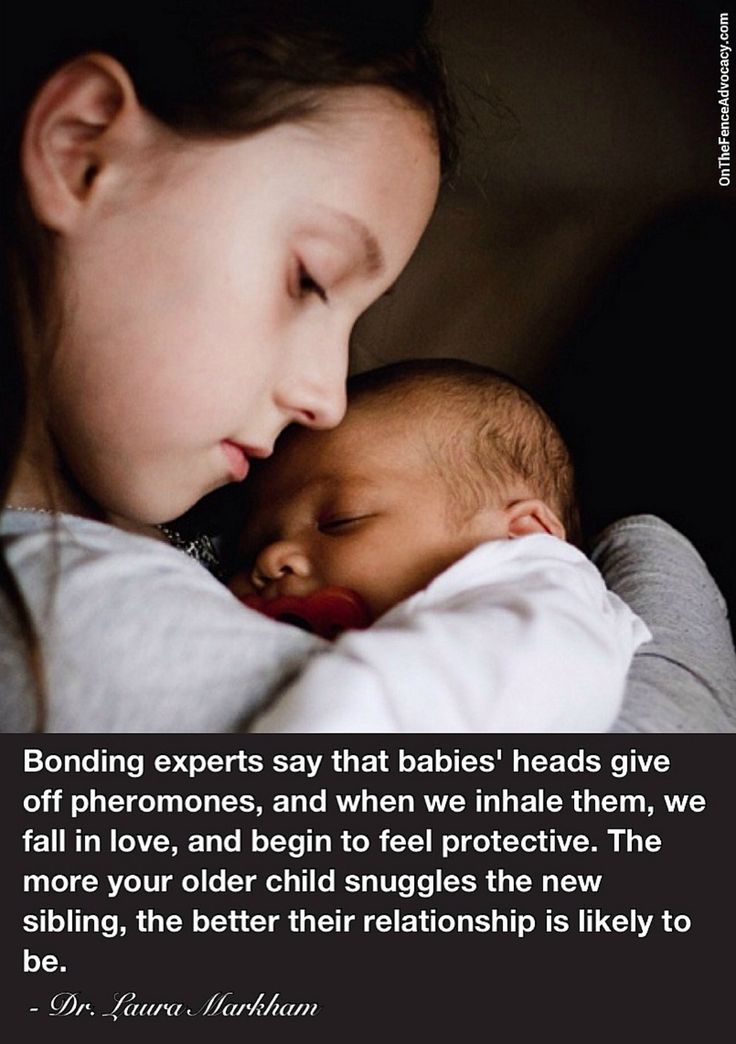 For surrogacy arrangements entered into before Victorian surrogacy laws were in place, parents will only need to show that the order is in the best interests of the child.International surrogacyInternational surrogacy process1. Considering surrogacyInternational surrogacy is complex. Given the many benefits of Australian arrangements, prospective parents should consider surrogacy locally first. It is important for you to seek as much information as possible before getting started.While treatment may sometimes appear cheaper overseas, it is important to consider all financial implications including travel and medical insurance, clinic costs and unexpected expenses. These may include: costs associated with delays and complications additional medical expenses not covered as part of the treatment administrative costs for citizenship and immigration once the child is born extended stays if immigration issues are protracted. If there is a multiple pregnancy there is a higher chance that the babies could be born prematurely and may need neonatal intensive care for a prolonged period.
For surrogacy arrangements entered into before Victorian surrogacy laws were in place, parents will only need to show that the order is in the best interests of the child.International surrogacyInternational surrogacy process1. Considering surrogacyInternational surrogacy is complex. Given the many benefits of Australian arrangements, prospective parents should consider surrogacy locally first. It is important for you to seek as much information as possible before getting started.While treatment may sometimes appear cheaper overseas, it is important to consider all financial implications including travel and medical insurance, clinic costs and unexpected expenses. These may include: costs associated with delays and complications additional medical expenses not covered as part of the treatment administrative costs for citizenship and immigration once the child is born extended stays if immigration issues are protracted. If there is a multiple pregnancy there is a higher chance that the babies could be born prematurely and may need neonatal intensive care for a prolonged period. You may want to seek specialist financial advice about this possibility.2. Getting independent legal adviceIt is essential to find out about the laws on surrogacy in your state or territory. While Victorian law does not prevent residents from travelling overseas for surrogacy (gestational or traditional), it is strongly advised that you seek independent specialist legal advice before you enter into an international surrogacy arrangement. It is important that the legal issues of immigration, citizenship, and recognition of parentage are clarified for both your country of origin and the country where treatment is sought.International surrogacy arrangement legal checklistAustralian Government Department of Foreign Affairs & Trade - International Surrogacy3. Have a fertility assessmentBefore undertaking international surrogacy arrangements, intended parent(s) should have a thorough assessment by a fertility specialist to understand if it is the best option. Men (single or same-sex couples) should have a sperm test performed before starting treatment.
You may want to seek specialist financial advice about this possibility.2. Getting independent legal adviceIt is essential to find out about the laws on surrogacy in your state or territory. While Victorian law does not prevent residents from travelling overseas for surrogacy (gestational or traditional), it is strongly advised that you seek independent specialist legal advice before you enter into an international surrogacy arrangement. It is important that the legal issues of immigration, citizenship, and recognition of parentage are clarified for both your country of origin and the country where treatment is sought.International surrogacy arrangement legal checklistAustralian Government Department of Foreign Affairs & Trade - International Surrogacy3. Have a fertility assessmentBefore undertaking international surrogacy arrangements, intended parent(s) should have a thorough assessment by a fertility specialist to understand if it is the best option. Men (single or same-sex couples) should have a sperm test performed before starting treatment. Local fertility treatment may be suitable depending on individual circumstances.4. Choosing an overseas clinic and applying for approvals if neededIn deciding where to seek treatment overseas, it is important that you fully understand the clinic's or agency's practices, including: Accreditation. How is the clinic certified and what are the qualifications of the staff who work there? Recruitment. How does the clinic recruit and select surrogates (including medical and psychological screening)? Care for surrogates. This includes their policies on informed consent, counselling, pregnancy and delivery care, as well as verified payment. Identification of gametes/embryos. How will they ensure that the correct embryos are transferred? What precautions and procedures are in place to ensure accurate recording and labelling? The number of embryos to be transferred. There are much higher risks to the babies of miscarriage, premature birth, illness, disability and even death if more than one embryo is transferred.
Local fertility treatment may be suitable depending on individual circumstances.4. Choosing an overseas clinic and applying for approvals if neededIn deciding where to seek treatment overseas, it is important that you fully understand the clinic's or agency's practices, including: Accreditation. How is the clinic certified and what are the qualifications of the staff who work there? Recruitment. How does the clinic recruit and select surrogates (including medical and psychological screening)? Care for surrogates. This includes their policies on informed consent, counselling, pregnancy and delivery care, as well as verified payment. Identification of gametes/embryos. How will they ensure that the correct embryos are transferred? What precautions and procedures are in place to ensure accurate recording and labelling? The number of embryos to be transferred. There are much higher risks to the babies of miscarriage, premature birth, illness, disability and even death if more than one embryo is transferred. Storage and transport of eggs, sperm or embryos. If you have eggs, sperm or embryos in storage in Victoria and wish to move them overseas, you will need to contact the clinic where your eggs, sperm or embryos are stored to arrange transport to another country. If you would like to export donor eggs, donor sperm or embryos formed from donor eggs or sperm, you will need to apply to VARTA for approval to export donated material to another country. VARTA must be able to determine that the way in which the eggs, sperm or embryos will be used overseas is consistent with the way in which they could be used in Victoria before approval is granted. Neonatal care. What medical care is available if your baby needs it? Information about the surrogate and any egg/sperm donors, including medical history. This is likely to be very important information for the child. Contact with the surrogate and any egg/sperm donors. What provisions exist for further information to be provided about the surrogate, or for a relationship to continue between the intended parent(s), the child and the surrogate, egg or sperm donors, if this is wanted by all parties?The Patient & Physician Prompter provides a more detailed list of questions to ask doctors and clinics.
Storage and transport of eggs, sperm or embryos. If you have eggs, sperm or embryos in storage in Victoria and wish to move them overseas, you will need to contact the clinic where your eggs, sperm or embryos are stored to arrange transport to another country. If you would like to export donor eggs, donor sperm or embryos formed from donor eggs or sperm, you will need to apply to VARTA for approval to export donated material to another country. VARTA must be able to determine that the way in which the eggs, sperm or embryos will be used overseas is consistent with the way in which they could be used in Victoria before approval is granted. Neonatal care. What medical care is available if your baby needs it? Information about the surrogate and any egg/sperm donors, including medical history. This is likely to be very important information for the child. Contact with the surrogate and any egg/sperm donors. What provisions exist for further information to be provided about the surrogate, or for a relationship to continue between the intended parent(s), the child and the surrogate, egg or sperm donors, if this is wanted by all parties?The Patient & Physician Prompter provides a more detailed list of questions to ask doctors and clinics. 5. Write a surrogacy agreementThe potential for information exchange, and or a continuing relationship, between the parties will depend on where the surrogacy arrangement takes place and the agency organising it.It is recommended that intended parent(s) ask agencies for information about the surrogate (and donor, if any), including medical history, and whether ongoing contact is possible and document arrangements in a surrogacy agreement. Surrogacy support organisations may offer advice for establishing a successful relationship with a surrogate (and donor, if any) internationally.
5. Write a surrogacy agreementThe potential for information exchange, and or a continuing relationship, between the parties will depend on where the surrogacy arrangement takes place and the agency organising it.It is recommended that intended parent(s) ask agencies for information about the surrogate (and donor, if any), including medical history, and whether ongoing contact is possible and document arrangements in a surrogacy agreement. Surrogacy support organisations may offer advice for establishing a successful relationship with a surrogate (and donor, if any) internationally.
Read more on Victorian Assisted Reproductive Treatment Authority website
Surrogacy
Surrogacy is one of the many options to have a child. Learn what surrogacy is, the types of surrogacy and the legalities of surrogacy in Australia.
Read more on Pregnancy, Birth & Baby website
Disclaimer
Pregnancy, Birth and Baby is not responsible for the content and advertising on the external website you are now entering.
This information is for your general information and use only and is not intended to be used as medical advice and should not be used to diagnose, treat, cure or prevent any medical condition, nor should it be used for therapeutic purposes.
The information is not a substitute for independent professional advice and should not be used as an alternative to professional health care. If you have a particular medical problem, please consult a healthcare professional.
Except as permitted under the Copyright Act 1968, this publication or any part of it may not be reproduced, altered, adapted, stored and/or distributed in any form or by any means without the prior written permission of Healthdirect Australia.
Support this browser is being discontinued for Pregnancy, Birth and Baby
Support for this browser is being discontinued for this site
- Internet Explorer 11 and lower
We currently support Microsoft Edge, Chrome, Firefox and Safari. For more information, please visit the links below:
For more information, please visit the links below:
- Chrome by Google
- Firefox by Mozilla
- Microsoft Edge
- Safari by Apple
You are welcome to continue browsing this site with this browser. Some features, tools or interaction may not work correctly.
"right of blood" and "right of soil" if the child was born in another country
Citizenship by right of blood, or "jus sanguinis". In this case, the child receives the same citizenship as that of his parents. If the parents are citizens of different countries, then they can choose what citizenship the child will have, if the law of the chosen state allows it.
When inheriting citizenship, the sex of the parent is sometimes taken into account. For example, only a child whose father is a citizen of the country can become a citizen of the UAE by birth. The nationality of the mother does not matter. Therefore, if a woman is a UAE citizen but is married to a foreigner, their children will not be considered UAE citizens at birth. They will be able to obtain the country's passports only as a result of naturalization.
Therefore, if a woman is a UAE citizen but is married to a foreigner, their children will not be considered UAE citizens at birth. They will be able to obtain the country's passports only as a result of naturalization.
Citizenship can also be passed down through generations to grandchildren and even great-grandchildren. In this case, when applying for citizenship, the child needs to confirm the relationship and citizenship of the selected country from his ancestors.
In which countries of the European Union can one obtain citizenship by origin
Citizenship by right of soil, or "jus soli". If a child was born abroad, on the territory of another country, he is automatically recognized as its citizen. The citizenship of parents is not taken into account. The principle of soil law is applied to some extent in 64 states.
But there may be nuances. In the United States, all children born in the country receive citizenship without any additional conditions. But giving birth in Europe is not a guarantee of citizenship. In France, children of foreigners can only obtain citizenship after the age of 13. Azerbaijan recognizes as its citizens only children whose parents are unknown or stateless.
But giving birth in Europe is not a guarantee of citizenship. In France, children of foreigners can only obtain citizenship after the age of 13. Azerbaijan recognizes as its citizens only children whose parents are unknown or stateless.
Citizenship is not granted by law to the children of diplomats and those who are in the civil service of another country.
Countries that grant citizenship by "law of the soil"
Asia
| No. | Country | Citizenship condition |
| 1 | Azerbaijan | If the child was born in the country of unknown or stateless parents |
| 2 | Bahrain | If the father was born in Bahrain and at the time of the birth of the child had a residence permit in the country |
| 3 | Israel | If a child was born in the country and has not received another citizenship, he can apply for Israeli citizenship between the ages of 18 and 21. A passport will be issued only to those who lived in Israel for at least five years before applying for citizenship A passport will be issued only to those who lived in Israel for at least five years before applying for citizenship |
| 4 | Iran | At least one of the parents was born in Iran |
| 5 | Cambodia | If the parents live in the country legally, for example, they have a residence permit |
| 6 | Malaysia | At least one of the parents has permanent residence in the country |
| 7 | Mongolia | If the parents are unknown or have a residence permit in the country. You can get a passport at the age of 16 |
| 8 | Pakistan | Automatic, except children of diplomats |
| 9 | Thailand | If the parents legally resided in the country for five years before the birth of the child |
| 10 | Taiwan | If parents are unknown or stateless |
Expand table Collapse table
Africa
No. | Country | Citizenship condition |
| 1 | Guinea-Bissau | If the child was born in the country of unknown parents |
| 2 | Egypt | If at least one of the parents was born in Egypt |
| 3 | Lesotho | Automatic, except children of diplomats |
| 4 | Morocco | Parents were born in Morocco and legally immigrated to another country. You need to get a passport two years before the age of majority |
| 5 | Namibia | If at least one of the parents is a resident of Namibia |
| 6 | Tanzania | Automatic, except children of diplomats |
| 7 | Tunisia | If the father or grandfather was also born in Tunisia. You need to get a passport before the age of 20 |
| 8 | Chad | When the child reaches the age of 18 |
| 9 | South Africa | If the parents have permanent residence in the country |
Expand table Collapse table
Europe
No. | Country | Citizenship condition |
| 1 | UK | A child acquires citizenship at the age of 10. At birth - only if at least one parent has permanent residence in the country |
| 2 | Germany | If at least one parent had permanent residence for three years and lived in the country for at least eight years before the birth of the child |
| 3 | Greece | If the parents are unknown or lived in the country for at least five years before the birth of the child |
| 4 | Ireland | Parents have permanent residence in the country or Northern Ireland or have legally resided in the country for at least four years prior to the birth of the child |
| 5 | Spain | If at least one of the parents was born in Spain or both cannot transfer their citizenship to the child |
| 6 | Luxembourg | If the parents: • at least one of the parents was born in Luxembourg, even if they do not have the country's citizenship; • Both are stateless or unable to transfer their citizenship to the child; • unknown; • foreigners: the child will receive citizenship at the age of 18, subject to the conditions of residence. |
| 7 | Malta | If at least one of the parents was born in Malta. Applicable to children born after August 1, 2001 |
| 8 | Portugal | If at least one of the parents has lived in the country for at least a year on the basis of a residence permit |
| 9 | France | At least one parent was born in France. If both parents are foreigners, the child can obtain citizenship from the age of 13, subject to the conditions for living in the country |
Expand table Collapse table
North America and Caribbean
| No. | Country | Citizenship condition |
| 1 | Antigua and Barbuda | Automatic, except children of diplomats |
| 2 | Barbados | Automatic, except children of diplomats |
| 3 | Belize | Automatic, except children of diplomats |
| 4 | Guatemala | Automatic, except children of diplomats |
| 5 | Honduras | Automatic, except children of diplomats |
| 6 | Grenada | Automatic, except children of diplomats |
| 7 | Dominica | Automatic, except children of diplomats |
| 8 | Dominican Republic | Automatically, except for children of tourists, illegal migrants and foreigners who were passing through the country. |
| 9 | Canada | Automatic, except children of diplomats |
| 10 | Costa Rica | Automatic, except for children of diplomats. You need to obtain citizenship before the age of 25 |
| 11 | Cuba | Automatic, except children of diplomats |
| 12 | Mexico | Automatic, except children of diplomats |
| 13 | Nicaragua | Automatic, except children of diplomats |
| 14 | Panama | Automatic, except children of diplomats |
| 15 | Paraguay | Automatic, except children of diplomats |
| 16 | El Salvador | Automatic, except children of diplomats |
| 17 | US | Automatic, except children of diplomats |
| 18 | Saint Vincent and the Grenadines | Automatic, except children of diplomats |
| 19 | Saint Kitts and Nevis | Automatic, except children of diplomats |
| 20 | Saint Lucia | Automatic, except children of diplomats |
| 21 | Trinidad and Tobago | Automatic, except children of diplomats |
| 22 | Jamaica | Automatic, except children of diplomats |
Expand table Collapse table
South America
No. | Country | Citizenship condition |
| 1 | Argentina | Automatic, except children of diplomats |
| 2 | Brazil | Automatic, except children of diplomats |
| 3 | Venezuela | Automatic, except children of diplomats |
| 4 | Guyana | Automatic, except children of diplomats |
| 5 | Columbia | If at least one of the parents has a residence permit in the country |
| 6 | Paraguay | Automatic, except children of diplomats |
| 7 | Peru | When the child reaches the age of 18 |
| 8 | Uruguay | Automatic, except children of diplomats |
| 9 | Chile | Automatic, except children of diplomats |
| 10 | Ecuador | Automatic, except children of diplomats |
Expand table Collapse table
Oceania
No. | Country | Citizenship requirement |
| 1 | Australia | If at least one of the parents has permanent residence in the country or if the child lives the first 10 years in Australia |
| 2 | New Zealand | If the child cannot obtain another citizenship or at least one parent has permanent residence in New Zealand or Australia |
| 3 | Tuvalu | Automatic, except children of diplomats |
| 4 | Fiji | Automatic, except children of diplomats |
Expand table Collapse table
How to get to the USA and the European Union without visas with a Russian passport?
None. But with a residence permit and second citizenship - without visas and problems. Subscribe to the newsletter with verified industry news.
Features of obtaining citizenship by birth in European countries
European countries combine both principles of citizenship by birth. This means that the parents confirm their connection with the country: the presence of citizenship, residence permit or residence in its territory for a certain time.
This means that the parents confirm their connection with the country: the presence of citizenship, residence permit or residence in its territory for a certain time.
UK will grant citizenship to a child:
- who was born in the country after 1 July 2006;
- at least one of his parents is a British citizen or has permanent residence in the country at the time of the child's birth.
If the parent is serving in the British Armed Forces, their child will also be granted British citizenship at birth. The rule applies to children born after January 13, 2010.
In other cases, children acquire British citizenship by naturalization.
Germany applies the principles of citizenship by birth separately.
Citizenship by blood law is obtained by children who were born:
- in a marriage where one of the spouses is a German citizen;
- out of wedlock from a mother - a German citizen;
- out of wedlock from a father who is a German citizen, provided that he acknowledged paternity.
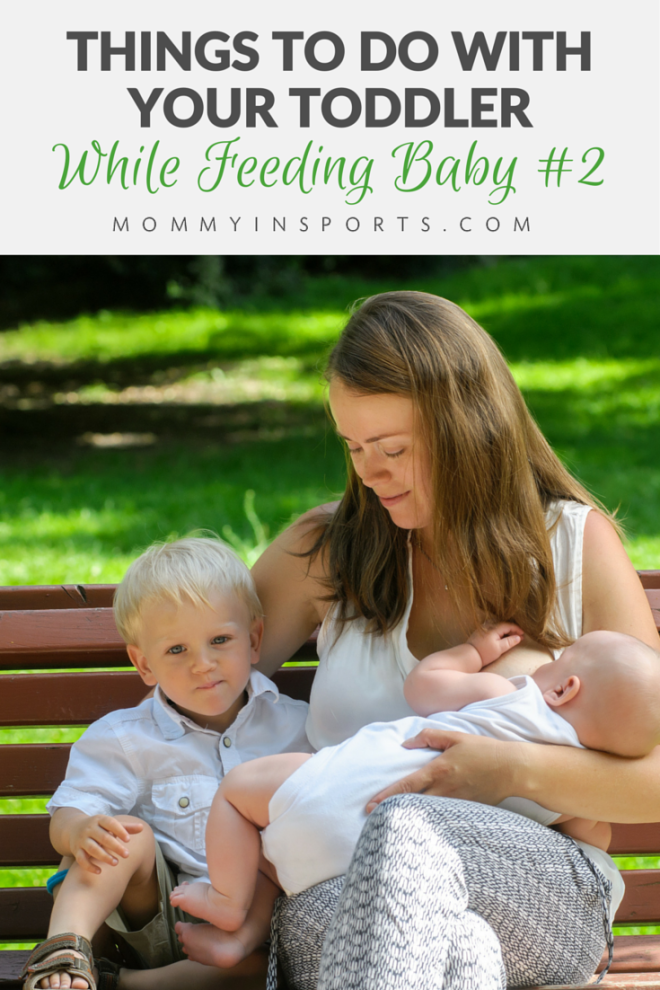
Soil citizenship is granted only to newborns whose parent has lived in Germany for more than eight years. German citizenship is also granted to children of citizens or residents of Switzerland.
Greece automatically grants citizenship to children of the country's citizens. If a child is born out of wedlock, the gender of the parent is taken into account. If the mother is a Greek citizen, the newborn is recognized as a Greek citizen at birth. If the father is Greek and paternity can be proven, the child needs to apply for citizenship. This must be done before the age of 18.
How to obtain Greek citizenship
Citizenship at birth is also granted to children whose parents have lived permanently in Greece for at least five years. If the residence requirement is met, but the child was born in another country, he will be able to obtain Greek citizenship after six years of schooling.
In Ireland both parents must be citizens of the country or legally reside in the country three out of four years before the birth of the child, for example, on the basis of permanent residence status. Irish citizenship is also granted to the children of British citizens and those who have the right to live in Northern Ireland.
Irish citizenship is also granted to the children of British citizens and those who have the right to live in Northern Ireland.
Spain recognizes the right of soil only if both parents:
- are stateless, i.e. stateless;
- for some reason cannot transfer citizenship to a child;
- unknown.
If the family does not meet the above conditions and neither parent has a Spanish passport and was not born in Spain, the child can still acquire Spanish citizenship. To do this, he needs to be born in Spain and spend more than a year on its territory. At the same time, parents must also live in the country for a year, for example, on the basis of a residence permit.
France sets strict citizenship rules for children of foreigners. You won't be able to become a citizen at birth, and the residence requirements depend on the age of the child.
| Age of a child | How much lives in France before receiving citizenship |
|---|---|
| from 13 to 16 years | , most of each year starting from eight years |
| from 16 years old | , most of each year of each year. starting from the age of 11; starting from the age of 11; for at least five years in the amount of |
All those born in the country from 21 September 1964 to 1 August 2001 were automatically recognized as citizens of Malta . After 2001, a child becomes a citizen only if he was born in Malta, and at least one of his parents is a Maltese citizen or was also born on the island.
Portugal. A child can acquire the status of a Portuguese citizen if at least one of his or her parents is already a citizen of the country. Children of foreigners become citizens if:
- were born in the country;
- at least one parent lived in Portugal for a year before the birth of the child, for example, on the basis of a residence permit.
Luxembourg citizenship is inherited from parents. Also, a child will receive citizenship if his father or mother were themselves born in Luxembourg.
If both parents are foreigners and the child is born in the country, he will receive a Luxembourg passport at 18 years of age. But only if:
But only if:
- at least one of the parents lived in the country for at least a year before the birth of the child;
- the family lived in the country for at least five years before the child turned 18.
We are discussing all the ways to obtain citizenship in an EU country: is it possible to obtain a European passport through a fictitious marriage, can a child become an EU citizen by birth. We talk about real opportunities
Citizenship for newborns in the US, Canada and Mexico
US recognizes as US citizens all those born in the state. The right to citizenship by birth is enshrined in the 14th Amendment to the US Constitution, which has been in force since 1868.
When a woman gives birth in an American hospital, she receives a certificate. Based on the certificate, a birth certificate is issued, and then a passport in the name of the child.
In the future, tax returns must be filed annually on behalf of the child: in the United States, taxes are paid on the basis of citizenship, not tax residency.
When a child turns 21, they can apply for U.S. citizenship to their parents through family reunification.
Canada also grants citizenship to all children born in Canada, regardless of the parents' citizenship. To obtain a passport in the child's name, you will need a birth certificate and a completed application form.
Mexico. Citizenship is granted to all children who were born in a local maternity hospital or other medical institution.
In the US and Canada, parents cannot apply for citizenship themselves after the birth of a child. And in Mexico there is such an opportunity. Parents receive passports if they live in the country for two years and pass exams in Spanish and the history of the country.
Citizenship for children in the Caribbean
Caribbean countries are among the few countries that still apply exclusively the right of soil when granting citizenship. This means that all children born, for example, in Antigua and Barbuda, automatically become citizens of the country.
What is the secret of the popularity of Caribbean citizenship
Citizenship of the Caribbean countries has advantages: visa-free entry to the Schengen countries and the UK, benefits for admission to British universities, the ability to obtain a tourist visa to the United States immediately for 10 years.
Caribbean Citizenship by Investment Programs
Wealthy people rarely choose the Caribbean as their birthplace. But they can get a passport from one of the five countries in the region for investment and pass on citizenship by inheritance.
Frequently Asked Questions
Can parents acquire citizenship with a newborn child?
No, parents do not automatically acquire citizenship with the child. In some countries, such as Mexico, parents can apply for citizenship through a simplified procedure. But in most cases, parents receive passports on a general basis by naturalization.
What documents are needed to obtain citizenship by birth?
If a child acquires citizenship of a foreign state at birth, parents provide:
- copies of passports;
- marriage certificate;
- child's birth certificate;
- Proof of residence in the country, if required by law.

The list of documents varies depending on the legal requirements of a particular country.
Can a child acquire several citizenships at once?
Yes, if the laws of the selected countries allow multiple citizenships. For example, for citizens of Spain this is impossible: when obtaining another citizenship, it is mandatory to renounce the Spanish passport. How many citizenships can Russians have? If states allow dual citizenship, a child can become a bipatride. The difference between second and dual citizenship
In which country should I give birth to a child in order to obtain citizenship for him and myself? — Migration to vc.ru
If you decide to have a baby and move to another country, remember that you have a unique opportunity to combine business with pleasure. You can give birth abroad and immediately give the child the citizenship of the desired country. In some countries, in this way, parents can reunite with a citizen child and obtain a residence permit or even citizenship.
33680 views
This practice even has a special name - maternity tourism , and it turns out to be a whole business industry. If you google, you can quickly stumble upon turnkey maternity tourism companies in countries such as Chile, USA, Brazil, Argentina.
In order not to torment, here are the top 5 countries with the most loyal conditions for newborns and their parents:0693

On what basis a child acquires citizenship
Citizenship for a newborn child can be obtained on one of two grounds: right of blood or right of soil .
- By right of blood ( jus sanguinis ) - when the child inherits the citizenship of the parents. If the parents are of different nationalities, then the child can have both passports.
- By the law of the soil ( jus soli ) - when a child acquires the citizenship of the country in which he was born. At the same time, he can additionally receive passports of the countries of which his parents are citizens.
💡 A newborn child, like any person, can have several citizenships only if these countries allow you to have a second passport.
Interestingly, a child born in Russia, China, South Korea or Japan cannot acquire citizenship by law of soil.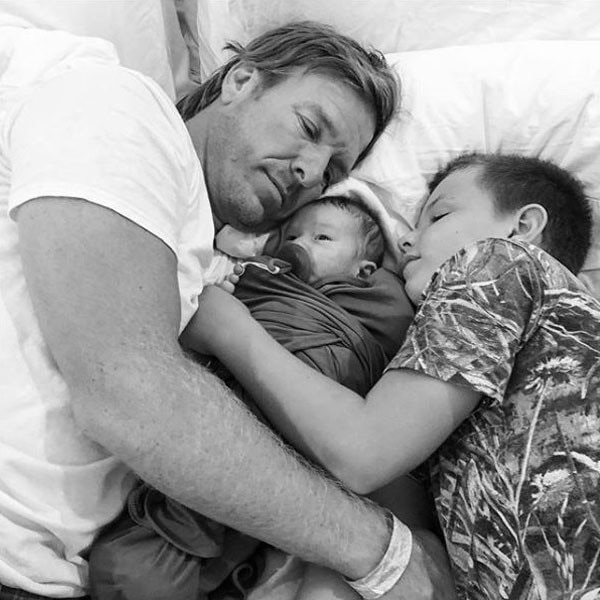 He can become a citizen of these countries only by the right of blood, that is, if one of the parents is a citizen.
He can become a citizen of these countries only by the right of blood, that is, if one of the parents is a citizen.
Below I have compiled lists of all countries where foreign parents can give birth to a child and obtain citizenship for him. There are 3 categories of countries:
- Give citizenship by birth unconditionally
- Grant citizenship by birth under conditions met
- Citizenship is given after some time under the conditions met
Give citizenship by birth unconditionally
The easiest countries to acquire citizenship by birth. That is, they do not require the fulfillment of any conditions - just come and give birth.
Parents do not acquire citizenship in all countries - the lists below separately indicate under what conditions they can obtain it.
North America
- USA - at age 21 the child can be reunited with parents
- Canada - At 18, a child can be reunited with parents
- Antigua and Barbuda
- Barbados
- Belize
- Guatemala
- Honduras
- Grenada
- Dominica
- Mexico - parents can obtain citizenship 2 years after the birth of the child
- Costa Rica - parents can obtain citizenship 7 years after the birth of a child if they are under 25 years old
- Cuba - parents can obtain citizenship 2 years after the birth of a child
- Nicaragua
- Panama - parents can obtain citizenship 5 years after the birth of a child
- El Salvador
- Saint Vincent and the Grenadines
- Saint Kitts and Nevis
- Saint Lucia
- Trinidad and Tobago
- Jamaica
South America
- Argentina - parents can acquire citizenship at birth
- Bolivia
- Brazil - parents can obtain citizenship 2 years after the birth of a child
- Venezuela
- Guyana
- Paraguay
- Uruguay - parents can acquire citizenship at the birth of a child
- Chile - parents can acquire citizenship 2 years after the birth of a child
- Ecuador - parents, siblings, grandparents can receive permanent residence as guardians, and after 3 years citizenship
Oceania
- Tuvalu
- Fiji
Africa
- Lesotho
- Tanzania
- Chad
Asia
- Pakistan
Grant citizenship by birth under conditions met
Europe
The EU used to have a law under which a child born in the EU automatically acquired citizenship. Now in Europe, only in 8 countries a child from foreign parents can obtain citizenship by soil law and only if certain requirements are met
Now in Europe, only in 8 countries a child from foreign parents can obtain citizenship by soil law and only if certain requirements are met
(I did not include countries that require one of the parents to be a citizen) :
- Belgium - parents have lived in the country legally for 10 years
- United Kingdom - one of the parents has permanent residence
- Germany - one of the parents has permanent residence and lived in the country for 8 years
- Greece - parents lived in the country legally for 5 years
- Ireland - one of the parents has permanent residence and lived in the country for 3 years
- Netherlands - one of the parents has permanent residence
- Portugal - one of the parents lived in the country for 1 year with or without legal status
- Czech Republic - one of the parents has permanent residence
Asia
- Cambodia - one of the parents has a residence permit
- Malaysia - one of the parents has a residence permit
- Thailand - parents lived in the country legally for 5 years
Africa
- Namibia - one of the parents has a residence permit
- South Africa - one of the parents has permanent residence
Oceania
- Australia - one of the parents has permanent residence
- New Zealand - one of the parents has permanent residence
South America
- Colombia - one of the parents has a residence permit
Citizenship is given after some time under the conditions met
This list includes countries that do not give citizenship to a child immediately at birth. To obtain citizenship, a child needs to be born and live in the country for a certain time.
To obtain citizenship, a child needs to be born and live in the country for a certain time.
Europe
- Hungary - the child lived in the country for 5 years
- Denmark - the child lived in the country for 9 years
- Spain - the child lived in the country for 1 year
- Luxembourg - a child will receive a passport at the age of 18 if he has lived in the country for more than 5 years, and one of the parents has lived in the country for at least 1 year before the birth of the child
- Slovenia - the child will receive a passport at the age of 18 if he has lived in the country all this time
- France - a child can obtain a passport at the age of 13 if he has permanently resided in the country since the age of 8; or from the age of 16, if in the period from 11 to 18 years, he lived in the country for at least 5 years
Africa
- Chad - at the age of 18, the child must either refuse or leave a passport
South America
- Peru - child will receive a passport at 18
Asia
- Mongolia - the child will receive a passport at the age of 16 if one of the parents had a residence permit at the time of birth
- Israel - the child will receive a passport between the ages of 18 and 21 if he has lived in the country for more than 5 years
Rules may vary by country, so before you go to give birth abroad, double check how the law of obtaining citizenship by right of soil in a particular country works.
If you are interested in unusual ways of emigration, then you will definitely be interested in my channel Wi-Fi password. There I write about the peculiarities of immigration to Portugal, opportunities for remote workers and what options people of different professions have to move. For example, I recently analyzed how artists and other creative people can easily get a UK talent visa:
Many letters have already been written about the British 🇬🇧 Global Talent visa, but only in the future for IT people. Who does not know, 3 areas fall under it: Technology, Science and Culture. Therefore, I decided to dig into it and reveal its attractiveness for people of creative professions 🎨
By the way, uh...
Many letters have already been written about the British 🇬🇧 Global Talent visa, but only in the future for IT people.
